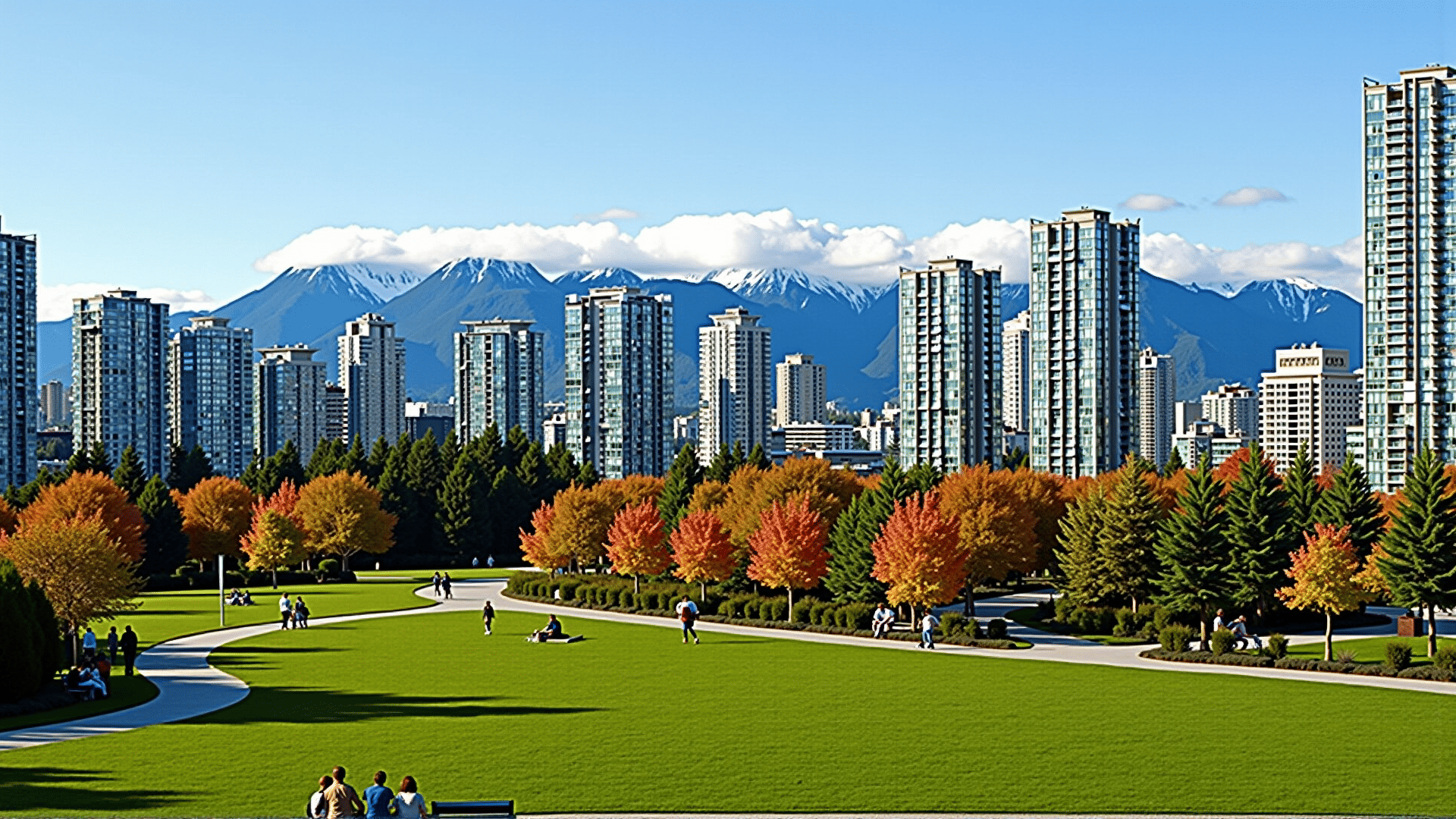Vancouver's housing market continues to be a focal point of discussion in the real estate world, with its dynamic transformations driven by a mix of rising prices, evolving demographics, and innovative developments. As we delve into current trends, it's essential to understand the multifaceted factors shaping this vibrant Canadian city's housing landscape.
In recent years, housing prices in Vancouver have been on an unprecedented upswing. This trend is driven by a variety of factors, including a limited supply of available housing, strong demand from both domestic and international buyers, and appealing economic opportunities in the region. The scarcity of land combined with Vancouver's geographic boundaries also contributes significantly to the price hikes. As a result, affordability continues to be a significant concern, triggering debates around policy interventions and potential solutions to address the crisis.
One of the fundamental shifts observed in Vancouver's housing market is the emergence of innovative housing developments. In response to the affordability crisis, developers and urban planners are increasingly focusing on creating high-density, mixed-use buildings. These developments aim to maximize land use efficiency, providing more housing options while integrating community amenities such as parks, retail spaces, and public transit access. Such mixed-use projects are particularly appealing to younger generations and working professionals who prioritize convenience and lifestyle.
Moreover, the role of government policy in shaping Vancouver's housing market cannot be overstated. In recent years, various initiatives have been introduced to curb speculative buying and ensure housing affordability. Policies like the foreign buyers tax and the empty homes tax have aimed to reduce speculative investment and encourage the optimal use of existing properties. Additionally, efforts to streamline the permitting process for new developments seek to increase the housing supply more rapidly in response to market demands.
The demographic landscape of Vancouver is also playing a pivotal role in housing trends. The city is witnessing a diverse influx of residents, including international immigrants, young professionals, and downsizers from other parts of Canada. This population shift is influencing the type of housing in demand, with smaller, more affordable units gaining popularity in urban and suburban settings. This demographic evolution underscores the need for a range of housing solutions that cater to different lifestyle preferences and financial capabilities.
Looking ahead, sustainability is expected to be a significant driver of housing market trends in Vancouver. The push towards environmentally friendly and energy-efficient buildings is gaining momentum, with both consumers and developers increasingly prioritizing green building practices. As such, sustainable housing developments that incorporate renewable energy sources and green construction materials are likely to become more prevalent.
In conclusion, Vancouver's housing market is characterized by rapid changes and evolving trends driven by price fluctuations, innovative developments, demographic shifts, and policy measures. As the city continues to grow and adapt, the balance between maintaining affordability, encouraging sustainable living, and accommodating diverse population needs will be critical in shaping the future of Vancouver's real estate landscape. By understanding these trends, stakeholders can better navigate the challenges and opportunities within this dynamic market.
